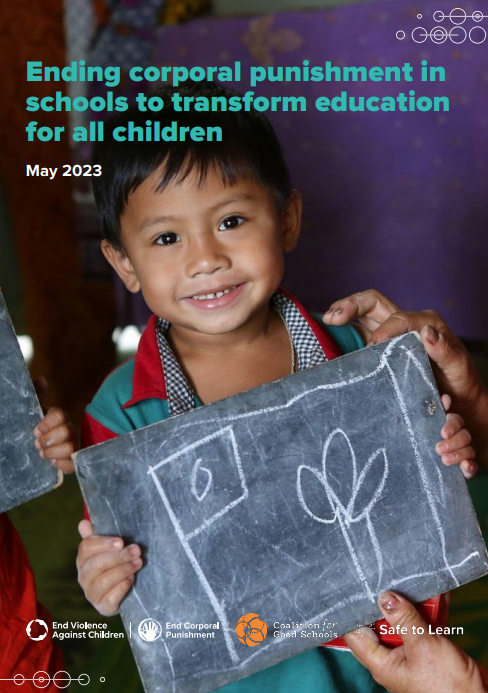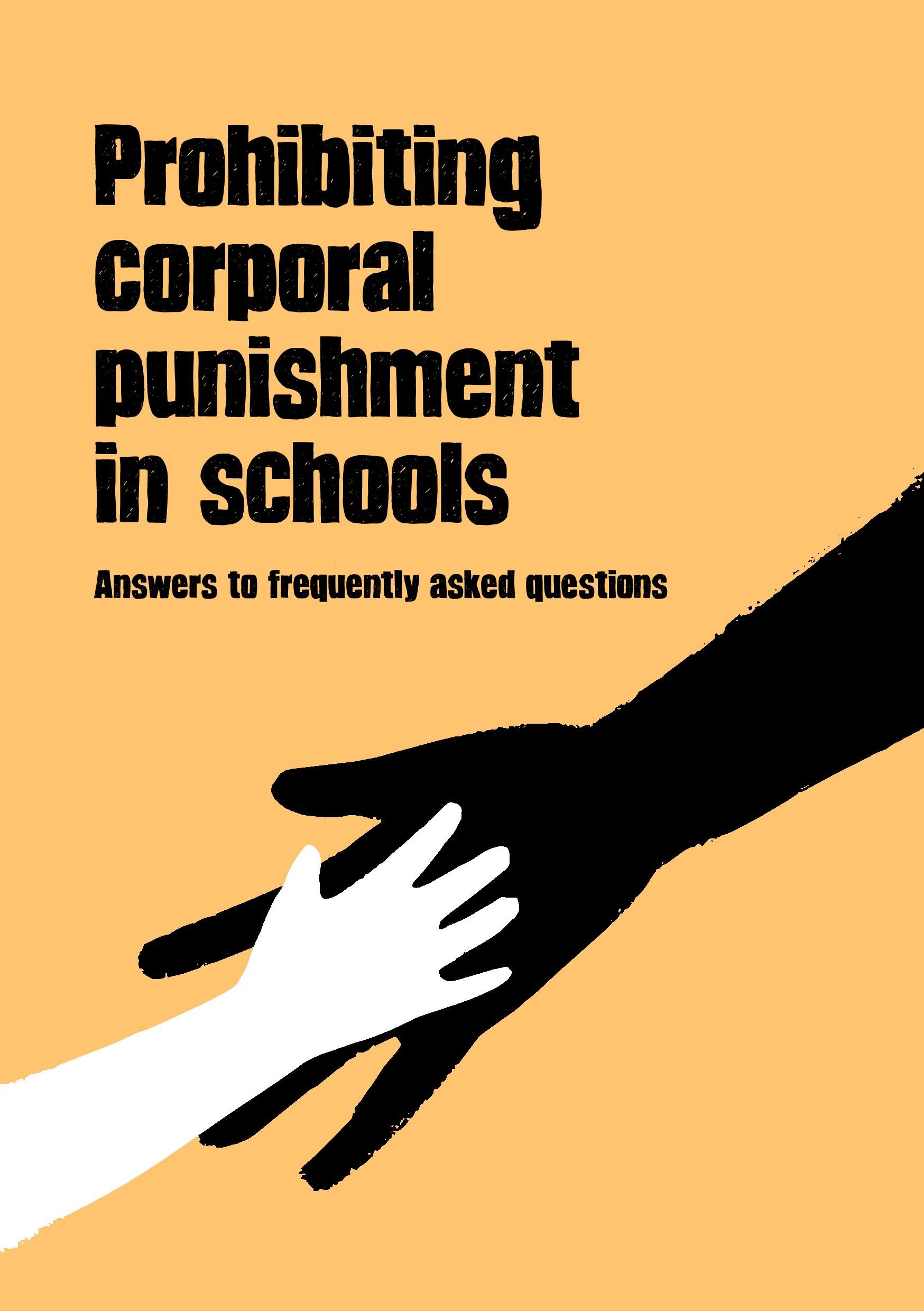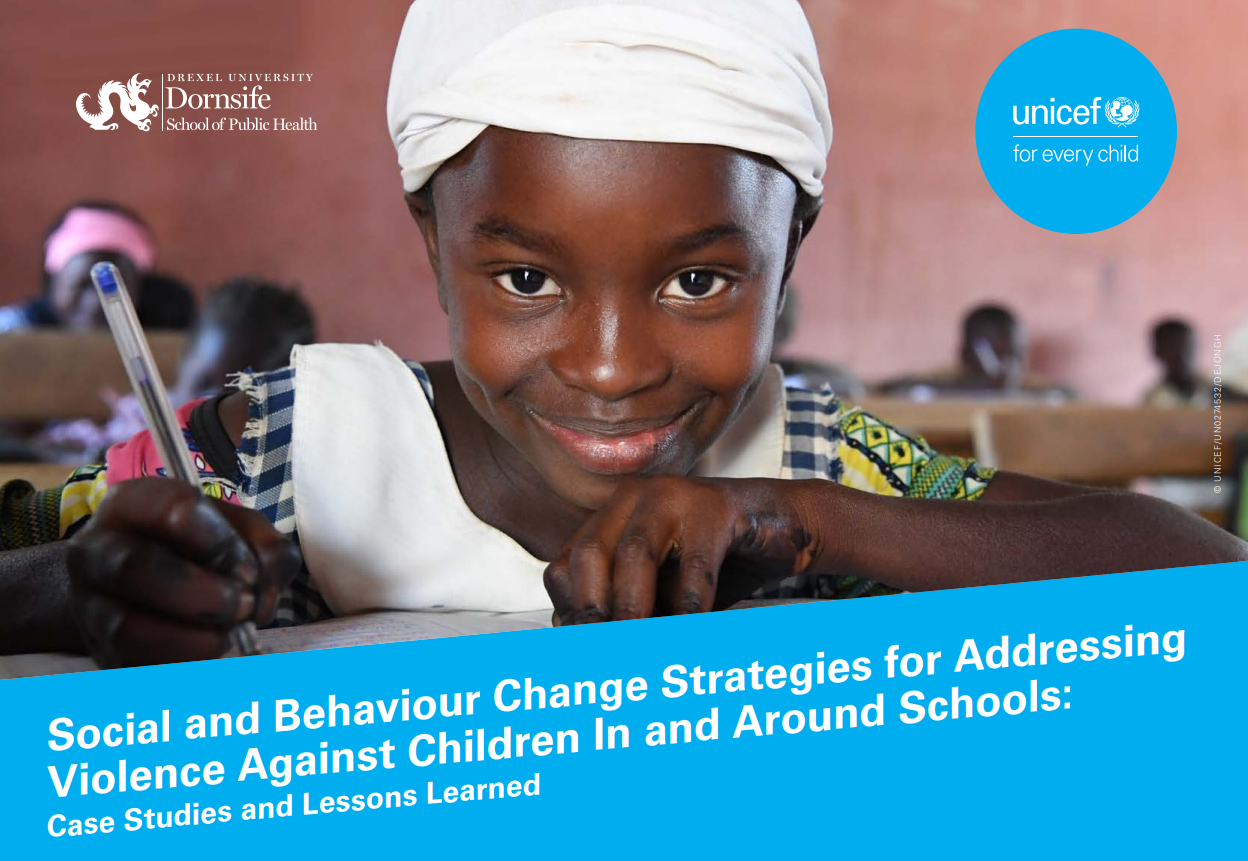Corporal punishment in schools
Children have a right to learn without violence in any school, whether they are in a public, private, government-subsidised or faith-based institution. Corporal punishment violates children’s rights and research shows it can impede learning and contribute to school drop-out.
A school culture that ensures a safe, respectful environment for everyone benefits students, teachers and the wider community. Transforming school culture to protect children from corporal punishment starts with law reform.
Click on a country to see full details of the law on corporal punishment
- Prohibited in all schools
- Lawful despite policy against its use in some or all schools
- Lawful in some or all schools
Delay
While much progress has been made, the law in many countries still authorises violent punishment of children in schools, often even specifying how it must
be inflicted, and efforts to prohibit it are sometimes met with strong opposition from teachers and parents. Over thirty years since the adoption of the Convention on the Rights of the Child, this is completely unacceptable. As states work towards the Sustainable Development Goals – particularly those related to peace, health and education – prohibiting and eliminating corporal punishment in all schools is an urgent priority.

Among the 63 states where corporal punishment
is currently lawful in schools:
- 33 or more have policies, ministerial orders or similar against its use in some or all schools, but legislation is either silent on the issue or undermines policy by expressly authorising corporal punishment - this means the Government has acknowledged that corporal punishment is wrong and ineffective, and simply needs to confirm that policy in legislation.
- 53 or more are undergoing processes of law reform which provide immediate opportunities for enacting prohibiting legislation (see our global table of opportunities for reform).
- 9 are Pathfinding countries under the Global Partnership to End Violence Against Children meaning the Government has committed to accelerated action to end violence against children, including implementation of the INSPIRE strategies at scale.
- 4 have endorsed the #SafetoLearn Call to Action, which aims to end violence in all schools by 2024, including through prohibition of corporal punishment in all schools and promotion of positive discipline.
News and features
Resources for schools
.
Ending corporal punishment in schools to transform education for all children
A summary of global progress, key issues connected with school corporal punishment and call for urgent action to prohibit and eliminate violent punishment in schools for all children
Prohibiting corporal punishment in schools
Answers to frequently asked questions



